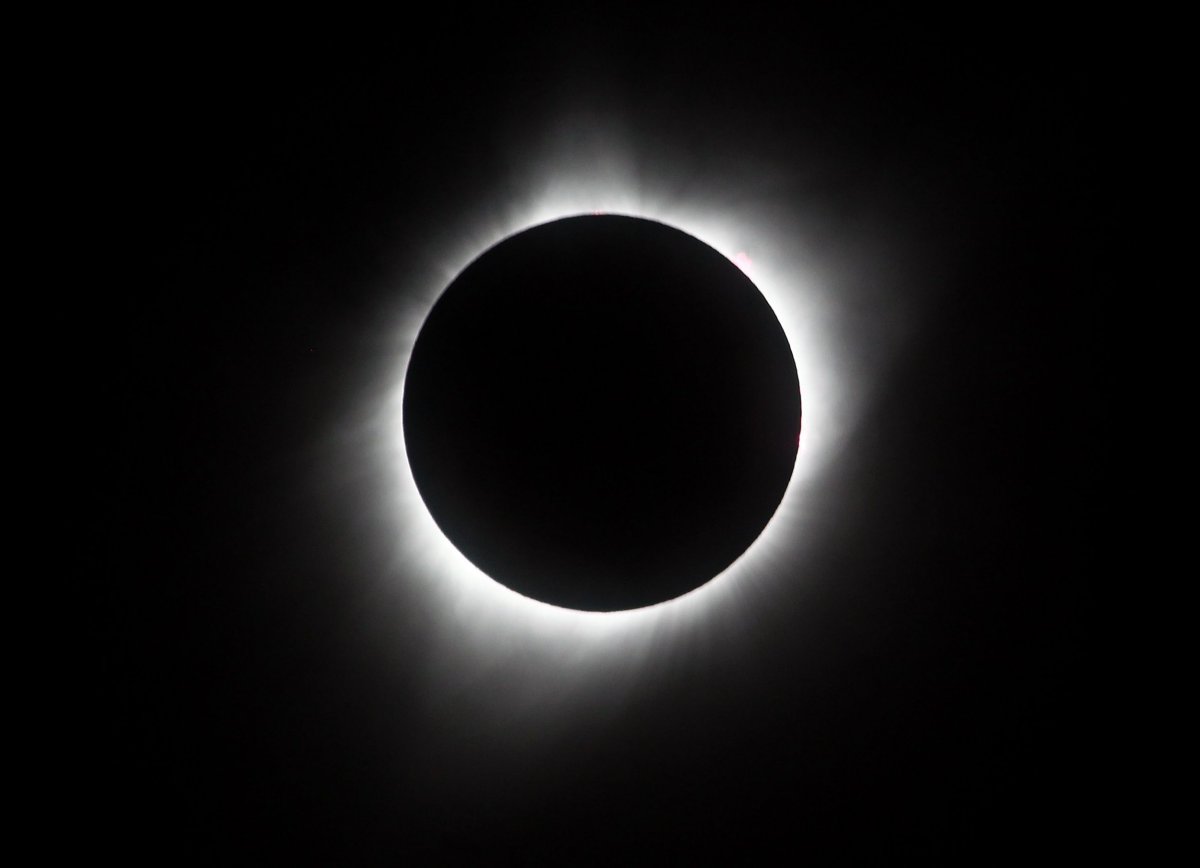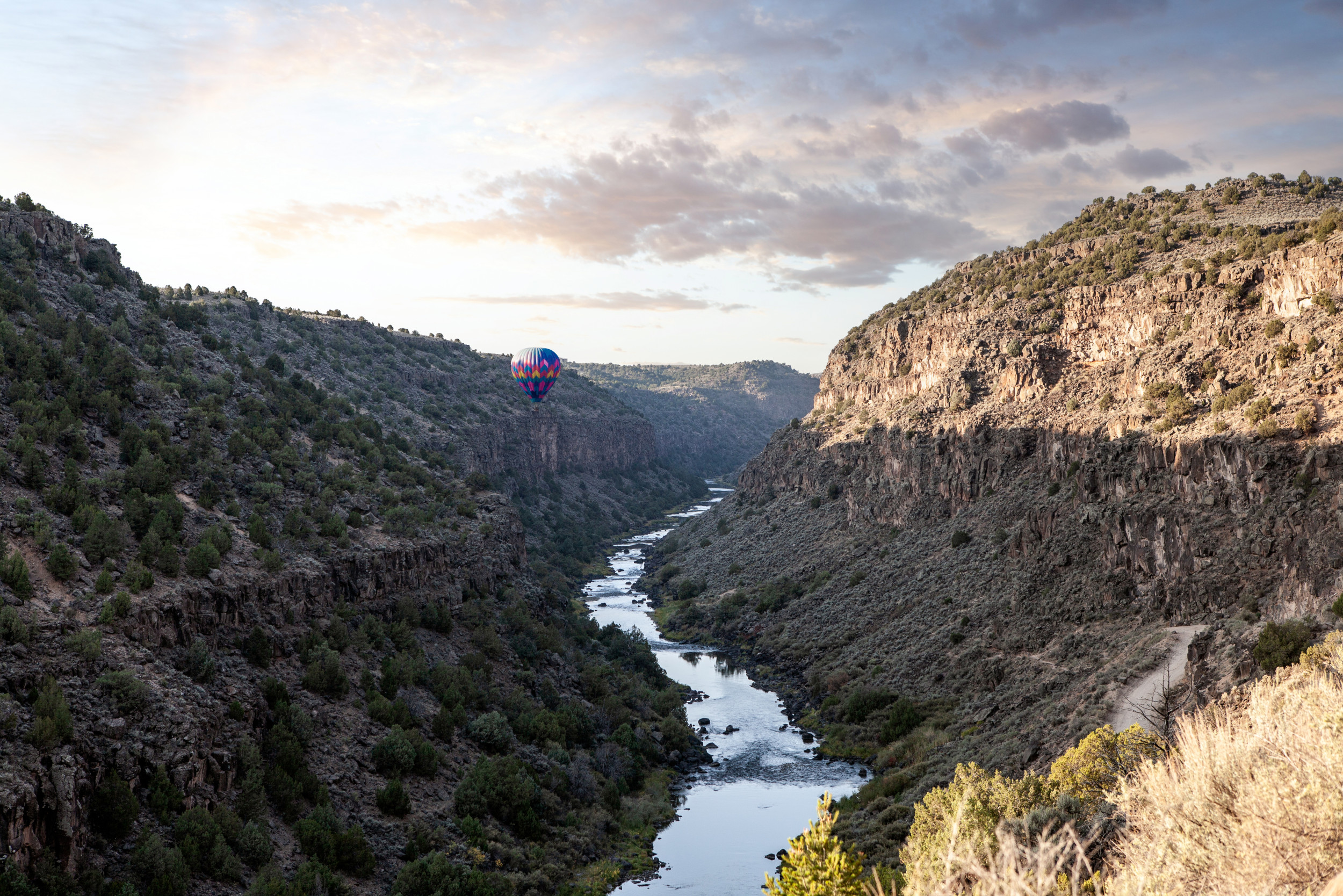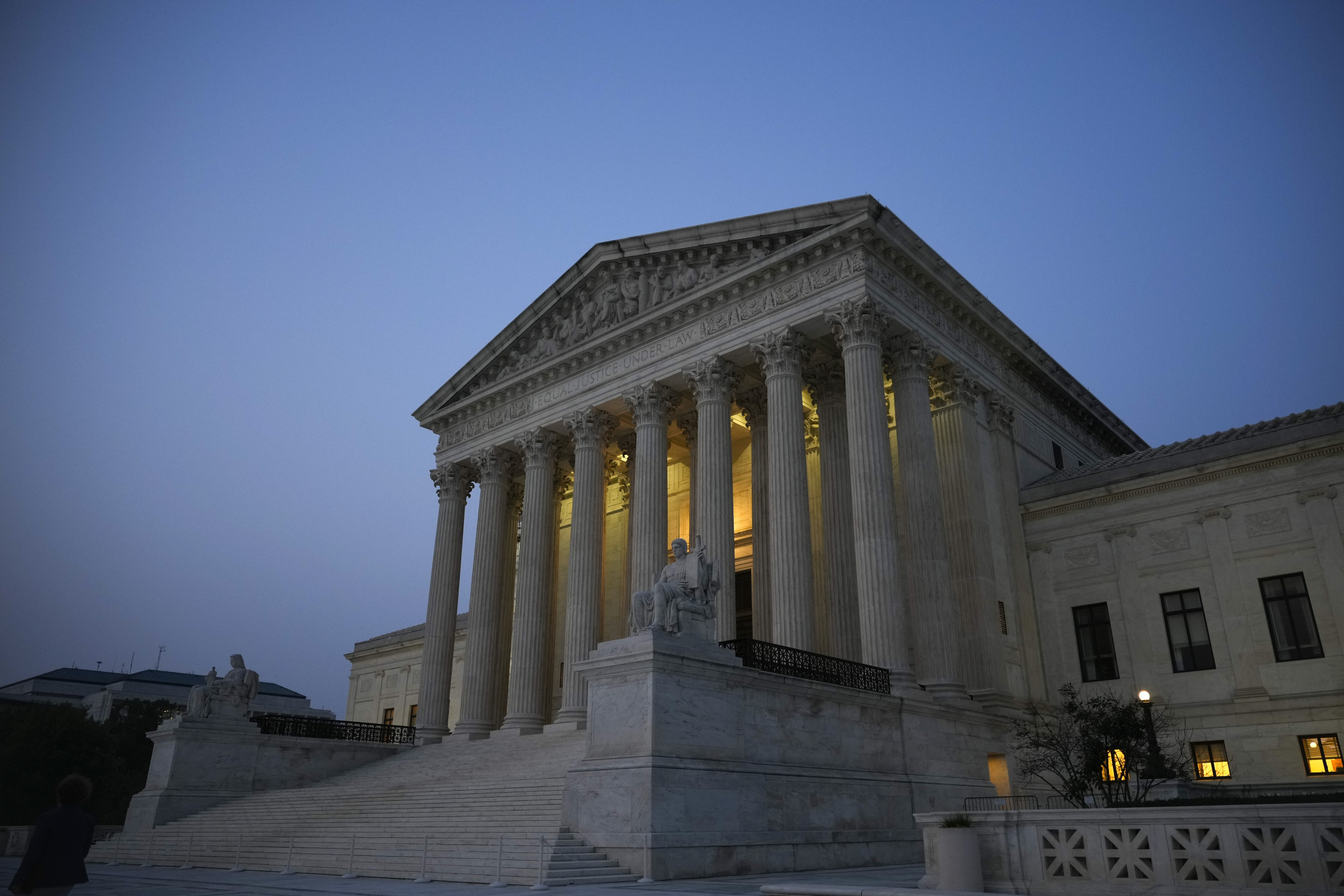The moon passed in front of the sun 33 days ago, and now a handful of planets have gathered in the constellations Leo and Virgo. Certain corners of the internet believe that means the alleged planet Nibiru will destroy Earth next month.
That's based on an interpretation of a passage of the Bible's Book of Revelation, which describes a pregnant woman (Virgo) clothed in the sun and crowned by twelve stars (Leo is arguably nine stars plus three planets) being threatened by a dragon with seven heads (A collision with Nibiru? The apocalypse? Nothing good, at any rate). The alignment is bolstered by the perceived importance of the number 33 in Judeo-Christian beliefs and the already vaguely apocalyptic associations of total eclipses.
Don't panic, the world will not end— we would notice an angry planet headed our way long before it came close enough to destroy us. But where does an idea like this come from, and how does it gain traction? The current prediction is hardly the first of its kind, but nor is a belief that the world will end at a particular foreseeable time a universal phenomenon.
Anthony Aveni, an anthropologist at Colgate University who studies apocalypse beliefs, told Newsweek that the doomsday phenomenon is strongest in the Judeo-Christian tradition in general. He also notes that America, in particular, has a long history of apocalyptic beliefs. "I would have to say that apocalyptic endings flow in America's jet stream. We are a religious people, it goes back to the Pilgrims, even to Columbus," says Aveni.
Look to the Stars
Aveni says that the sky is a source of apocalyptic signs because it's generally so predictable. For millennia, humans have calculated the sun's rise and fall, have navigated by the stars, and have even predicted eclipses. "It's awfully comforting to have a part of the natural world exhibit this extreme, pristine regularity," Aveni says.
That means when something unusual or unforeseen does happen, it becomes a threat to the worldview of humans watching from Earth—and in order to cope with that challenge, people look to explain what happened. "We like connectedness, we can't live in a random world," Aveni says. "We want one [thing] to lead to the other to lead to the next."
A basis in the stars is hardly a universal characteristic of doomsday predictions, but there are a few other important examples, according to Lorenzo DiTommaso, a religion professor at Concordia University in Canada who focuses on apocalyptic beliefs. As the year 1524 approached, for example, a set of astronomical conjunctions in the sign of Pisces, the fish, led to fears of apocalyptic floods.

Do the Math
Similarly, Judeo-Christian doomsday predictions are often based on numerology, the practice of assigning religious significance to particular numbers. When you're seeking to understand the grand scheme of history and how it could impact your own life, these numbers were a sensible place to turn. In fact, Robert Kawashima, a religion professor at the University of Florida, says he guessed even before reading up on this particular prediction that astrology and numerology would play a role.
Today, the most familiar example is 666, or the "number of the beast," which became a favorite to tie to political enemies. "There are these numbers that have some sort of cosmic significance," Kawashima says. ( The originator of the September 23 prediction points to 33 as the age at which Jesus Christ died and the number of times God's name was mentioned in the Bible.)
Kawashima adds that the emphasis on numbers can also allow doomsday predictors to reinterpret the sources they're basing their ideas on. He points to the Book of Daniel, one of the key apocalyptic books of the Bible, in which Daniel is wrestling with how to interpret a past prediction and converts a span of 70 years into a span of 70 weeks of years, or 490 years. That's also been a challenge for Nibiru theorists, who have been delaying their predictions of a collision since 2003.
Spread the Word
But one thing that has changed since Daniel's day is how to tell others about the doomsday prediction you've so carefully calculated. Medieval popes tried to quash street preachers, particularly since the streets are just the place theories like these take fire, says Nina Caputo, a medieval historian at the University of Florida. "If anyone could just go out there and preach as an authority then you could have all kinds of crackpots out there," she says.
Today, the internet and social media are the equivalent of a medieval city's streets, and that's where doomsday theories can springboard from one individual looking at the sky and counting the days to people scattered around the globe.
"The public, of course, acquires so much information now from the internet and that's what levels the playing field," the anthropologist Aveni says. "It looks like it's right on a par with anything you might get out of a scientific journal."
Why Now?
While doomsday predictions are nothing new, they may shed light on today's concerns and preoccupations. "Apocalyptic speculation is 22 centuries old and still going strong all over the globe, despite a 100 percent failure rate of past predictions," wrote religious scholar DiTommaso. "It is a sign of the times and, generally speaking, a barometer of social dissatisfaction and existential upset."
That said, theories predicting the end of the world aren't as common as they may seem (even if you remember the Y2K paranoia or the Mayan apocalypse of 2012). "They pop up," Caputo says. "I think they're not as common as you might imagine because they're dangerous." That's both in terms of society as a whole, and, in a case like this, the reduced credibility of a predictor whose doomsday has passed uneventfully.
Caputo says that during the medieval period, doomsday was more typically predicted to be, say, 60 or 100 years in the future. "There's a sort of comfort zone," she says—not tomorrow, but soon enough to make people think. But she says she won't be surprised if, when the apocalypse doesn't materialize today, predictors simply recalculate doomsday again. "There's always an escape hatch."
Uncommon Knowledge
Newsweek is committed to challenging conventional wisdom and finding connections in the search for common ground.
Newsweek is committed to challenging conventional wisdom and finding connections in the search for common ground.
About the writer
Meghan Bartels is a science journalist based in New York City who covers the science happening on the surface of ... Read more
To read how Newsweek uses AI as a newsroom tool, Click here.








